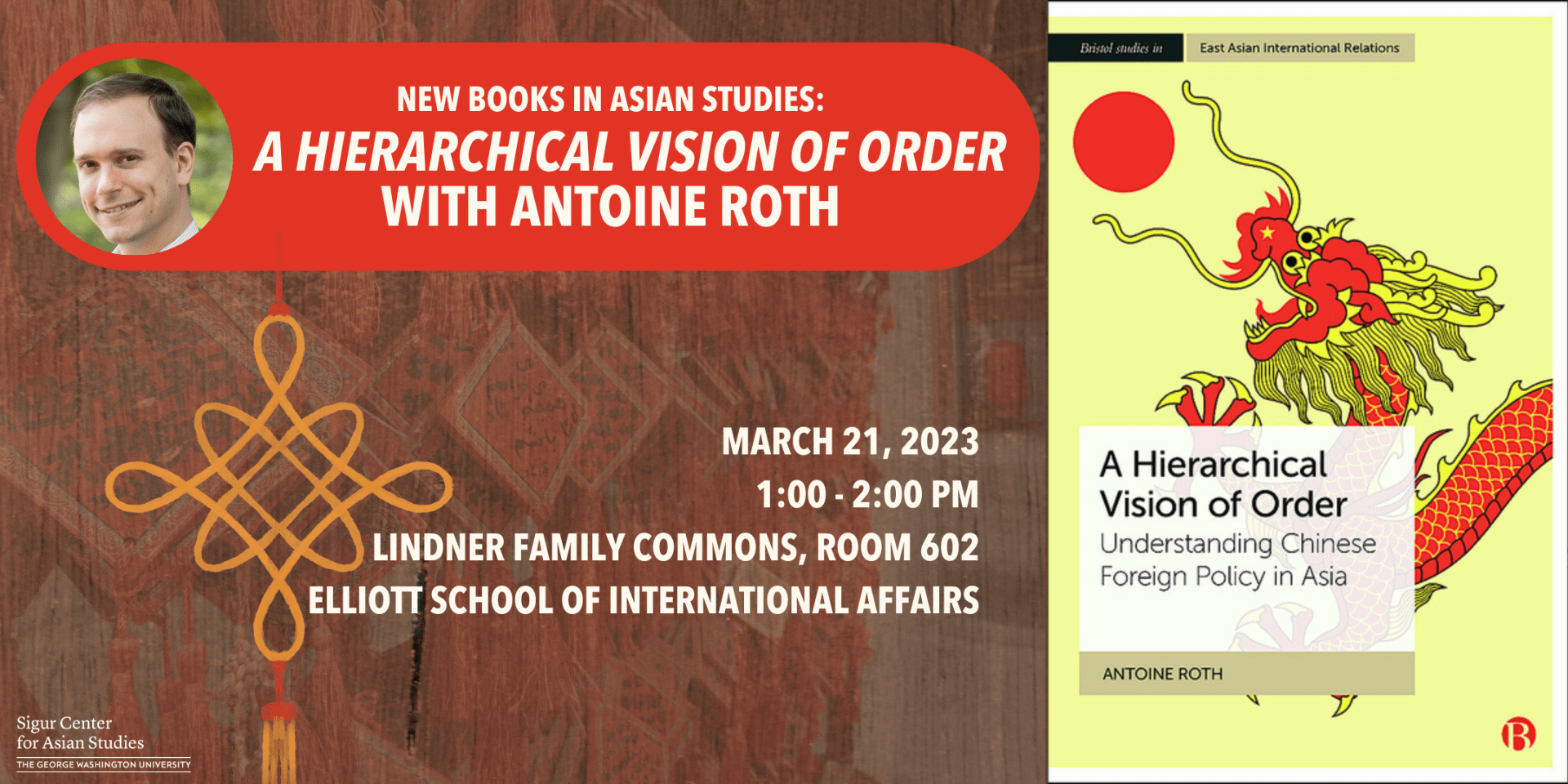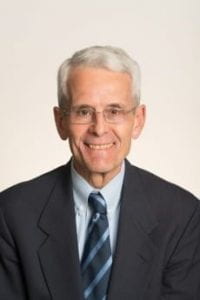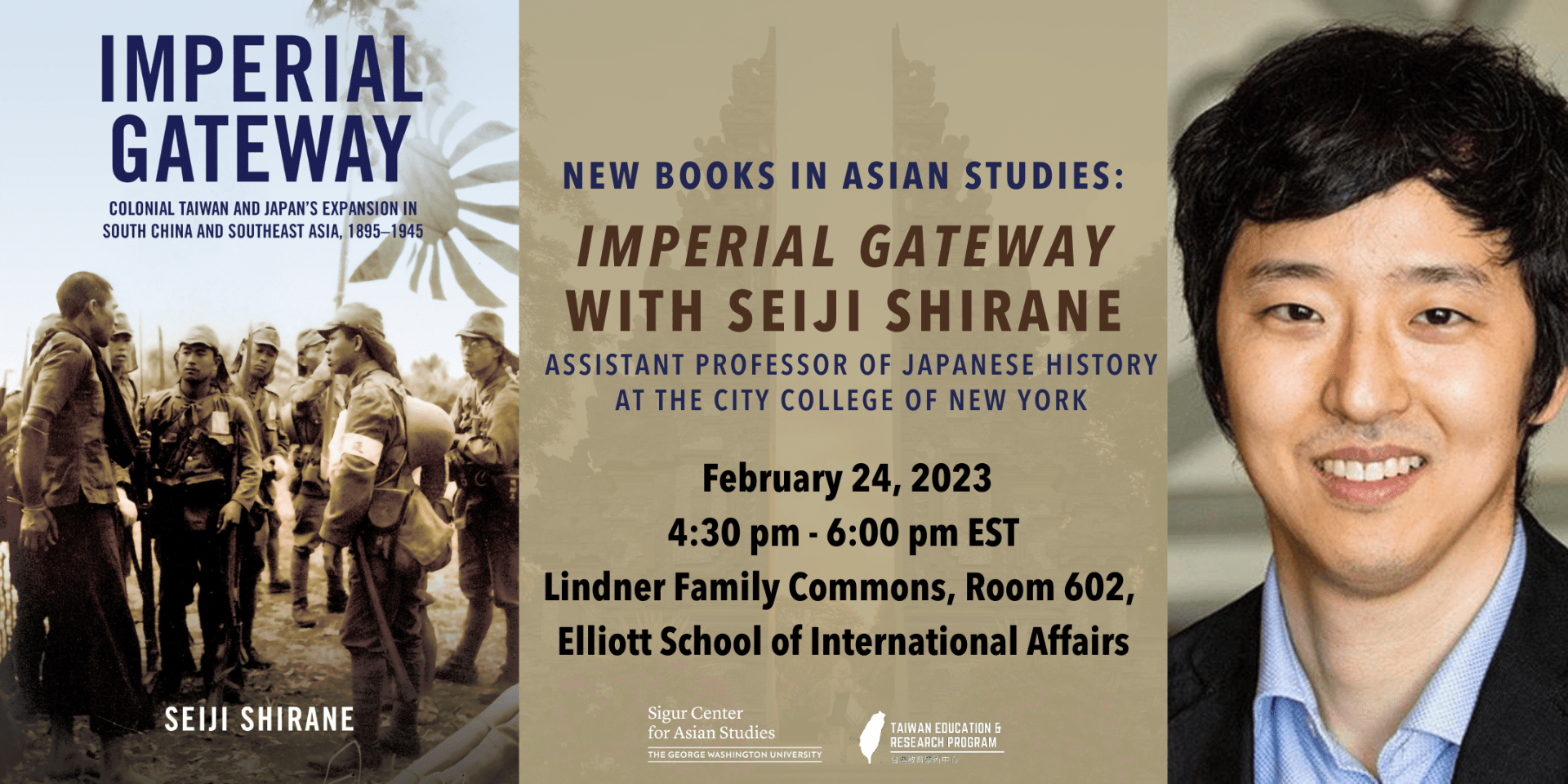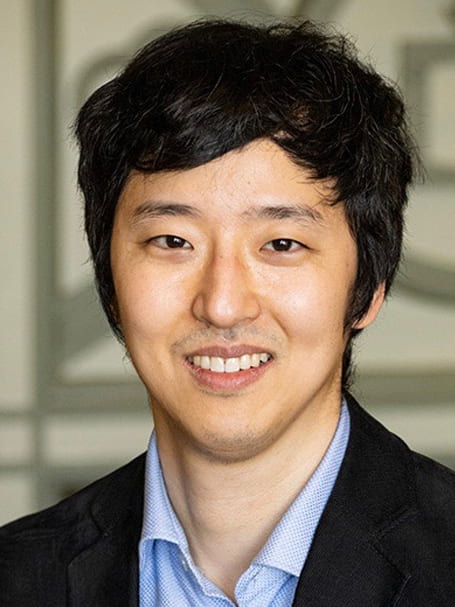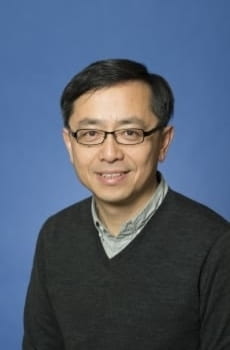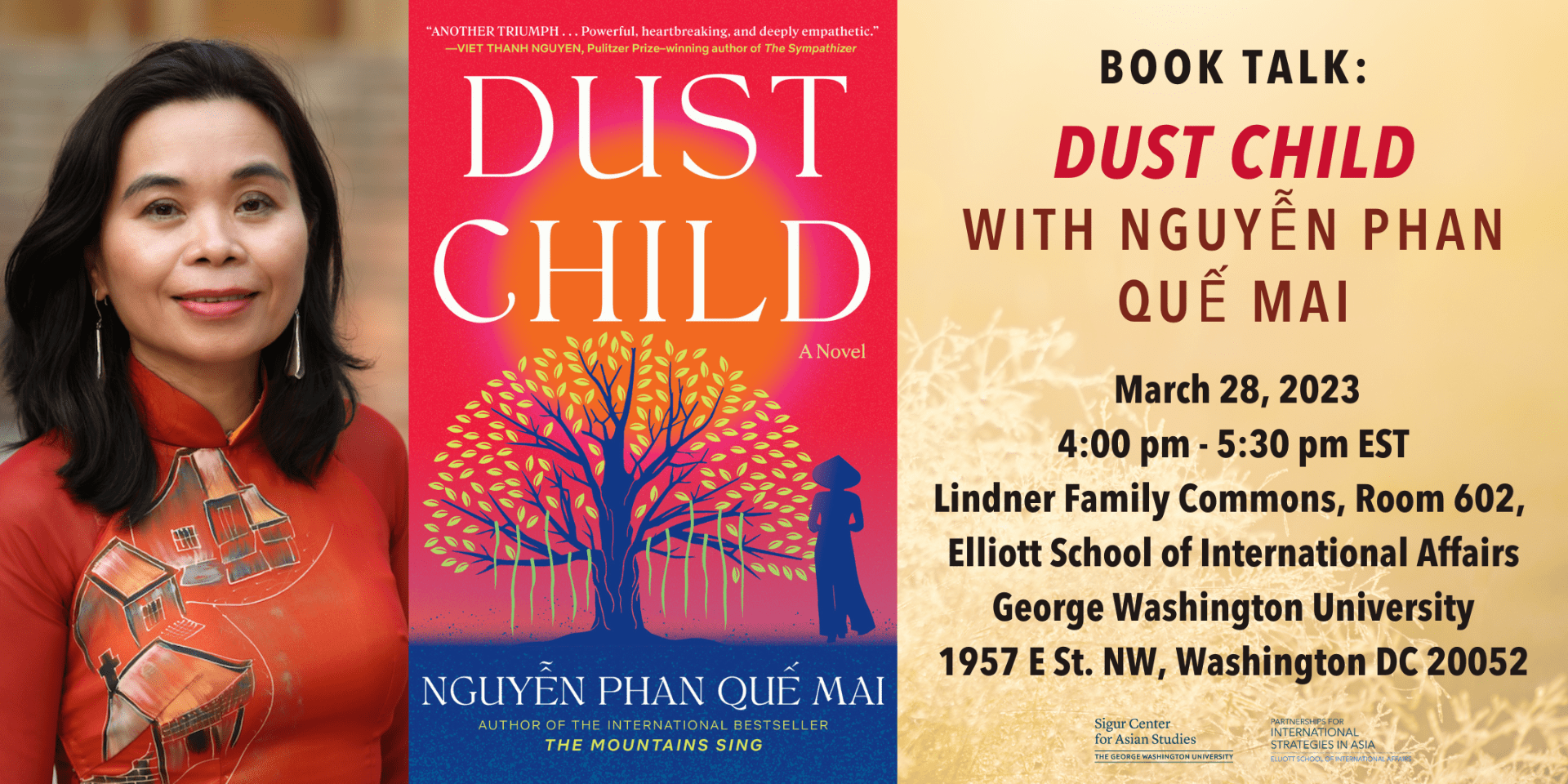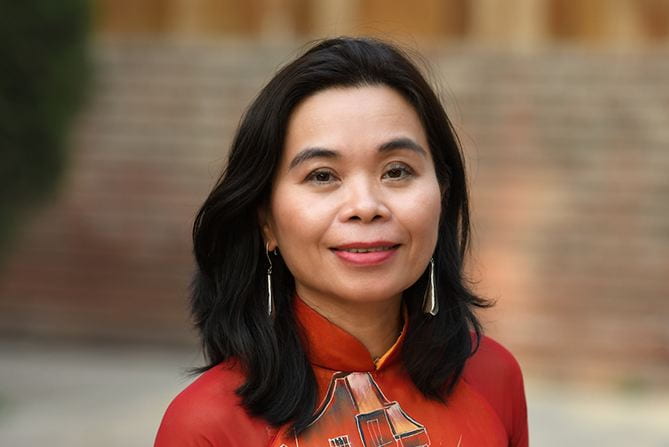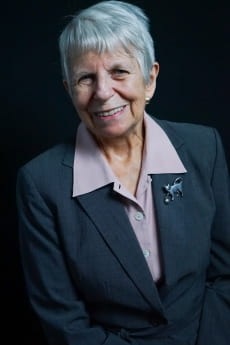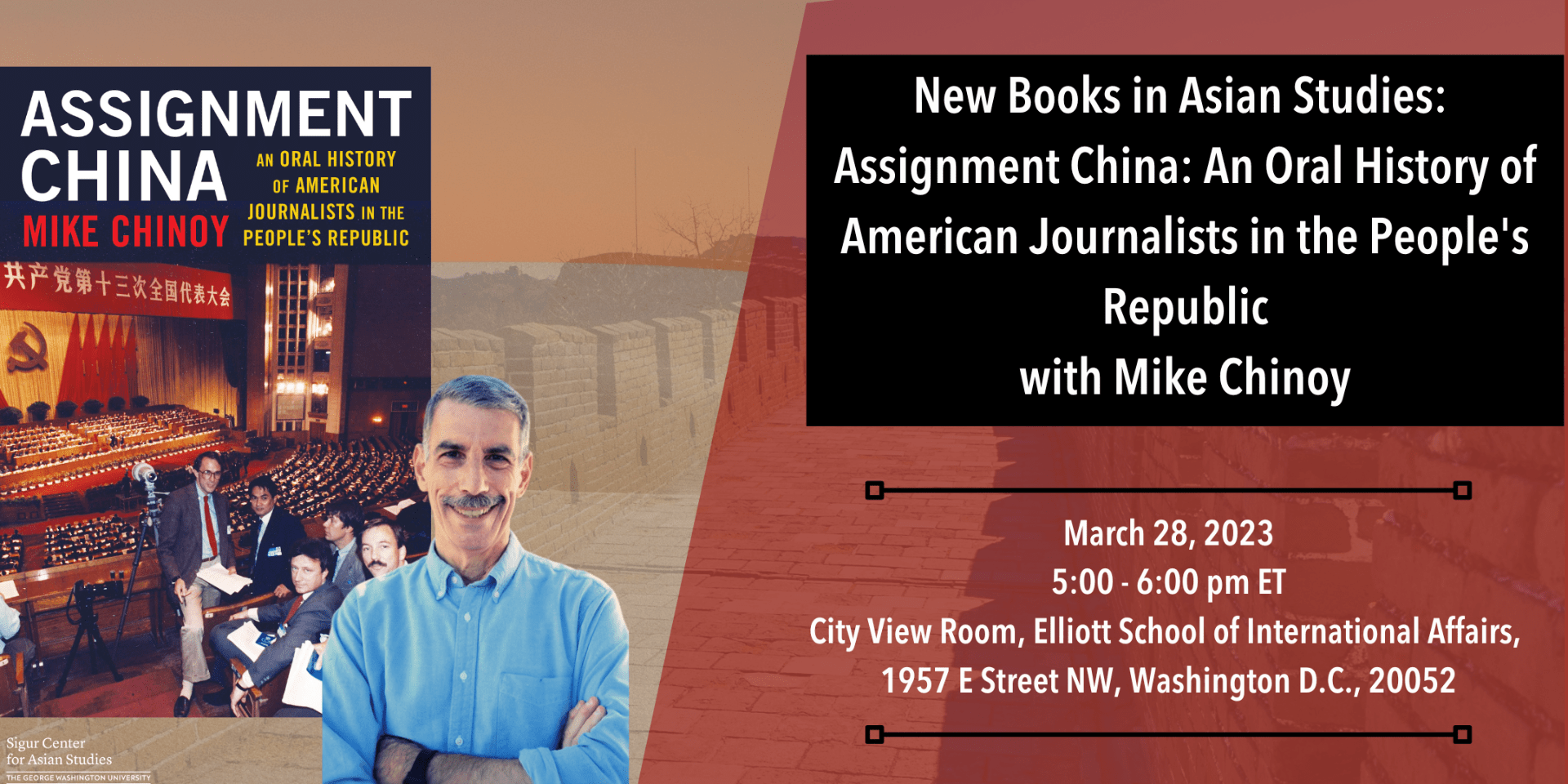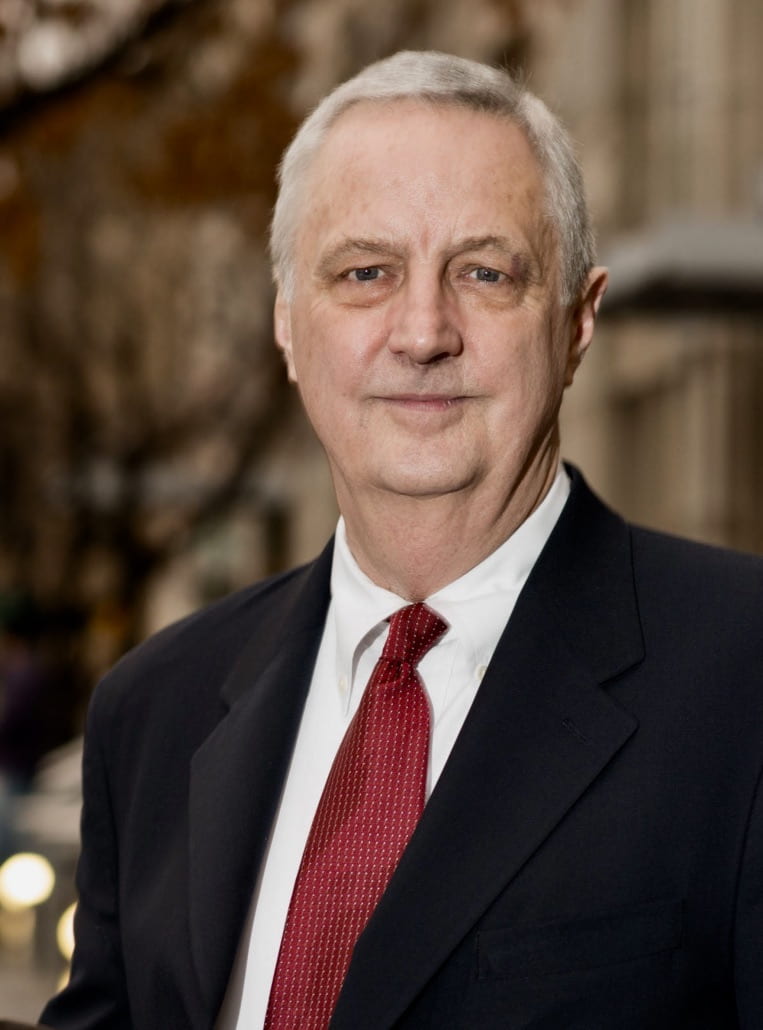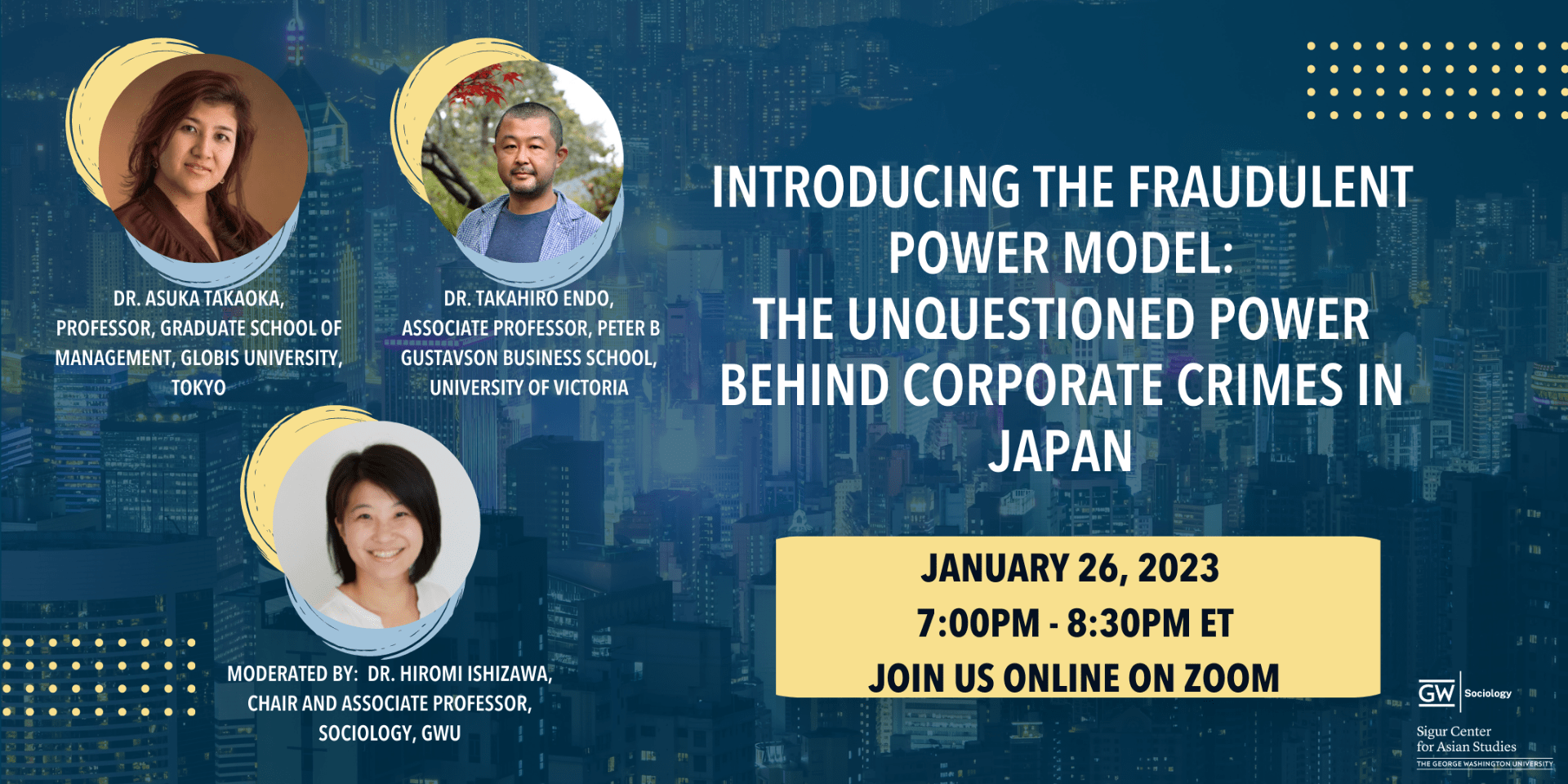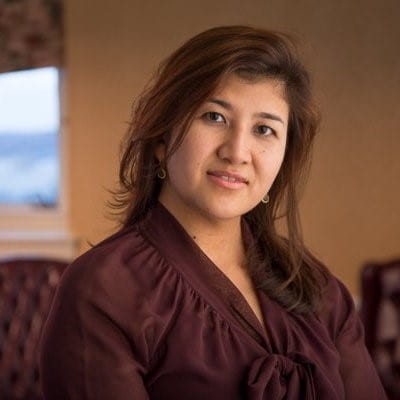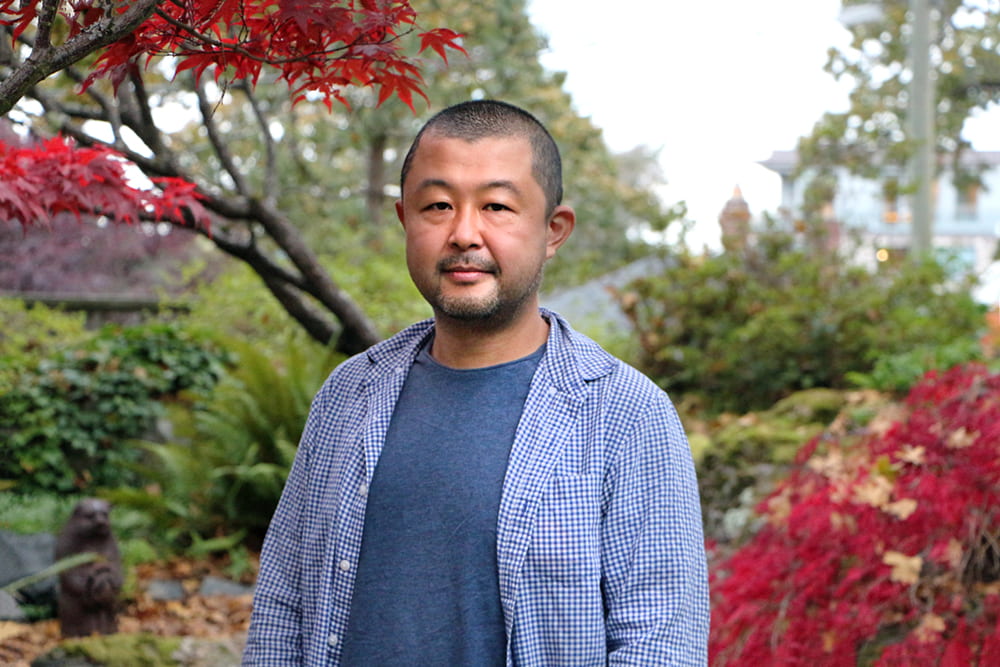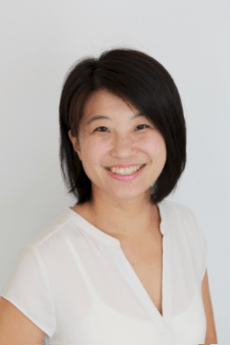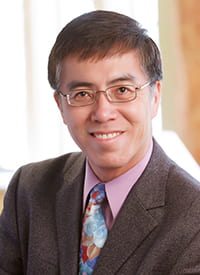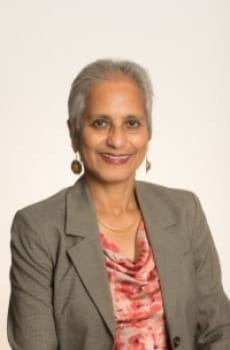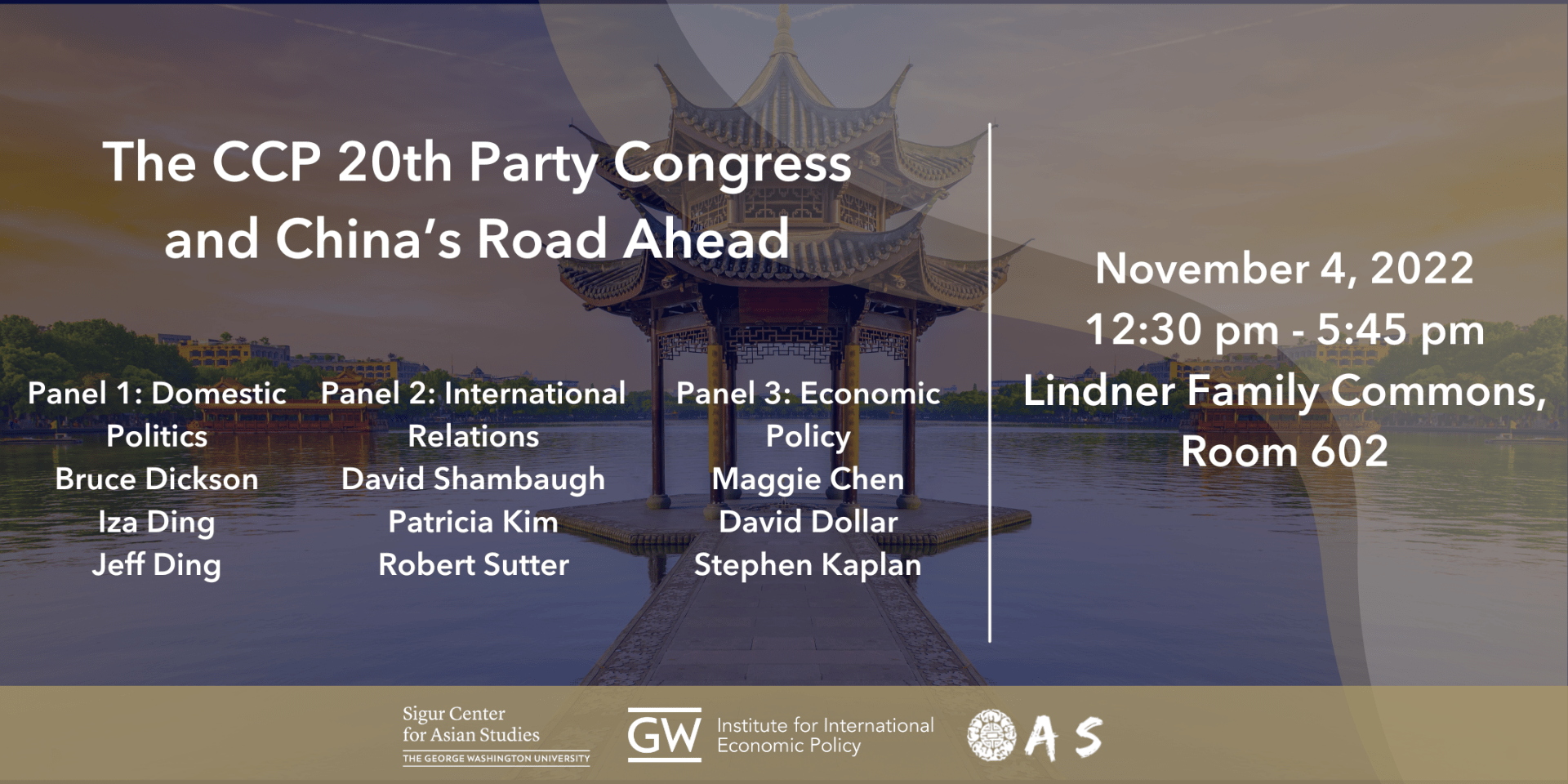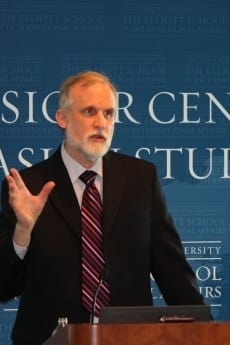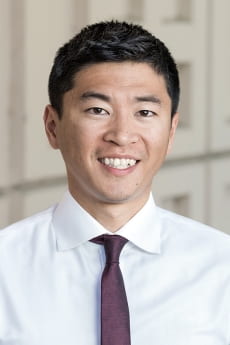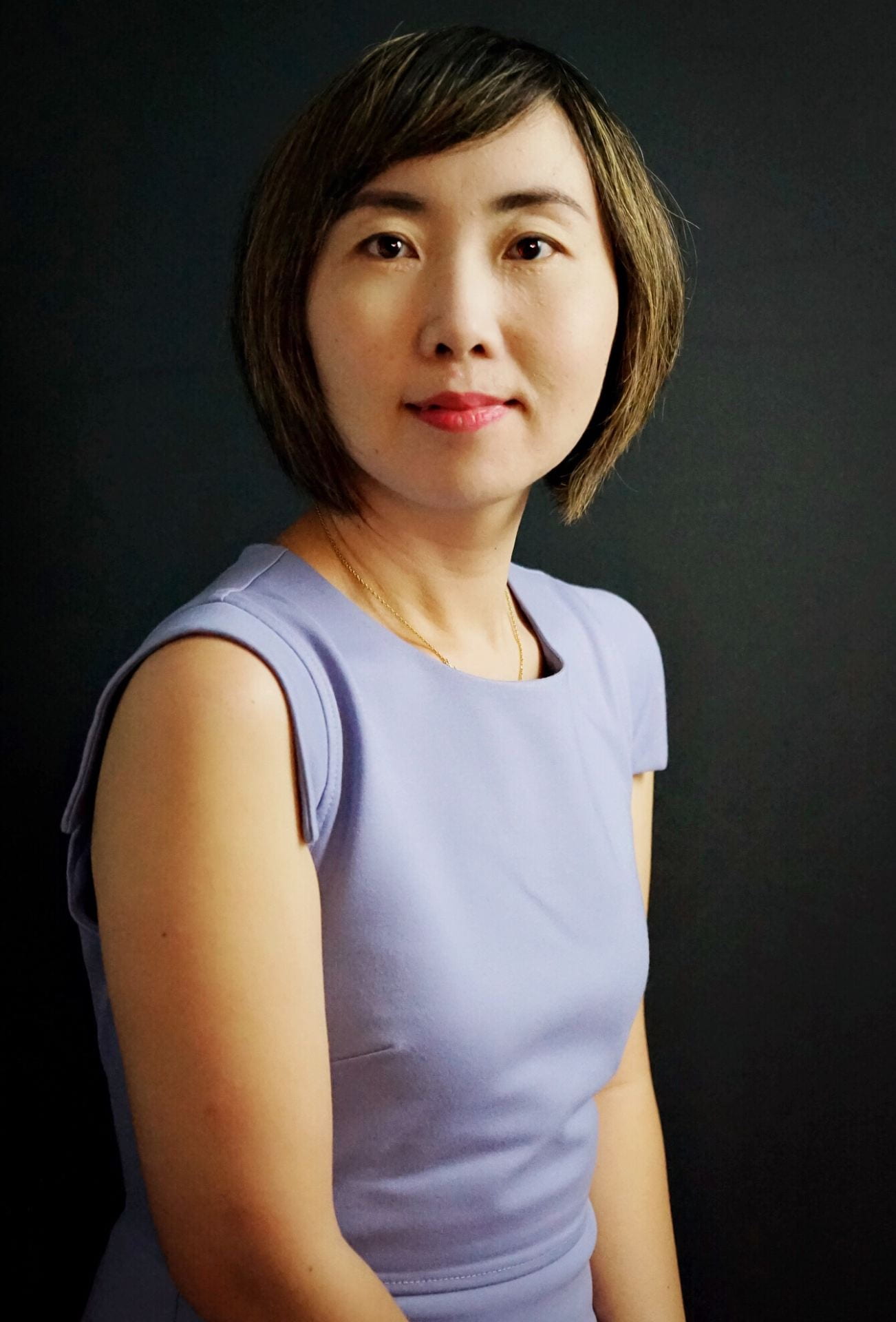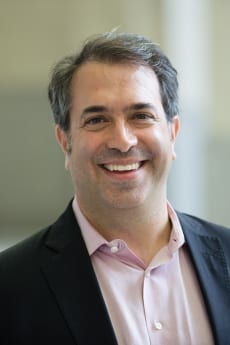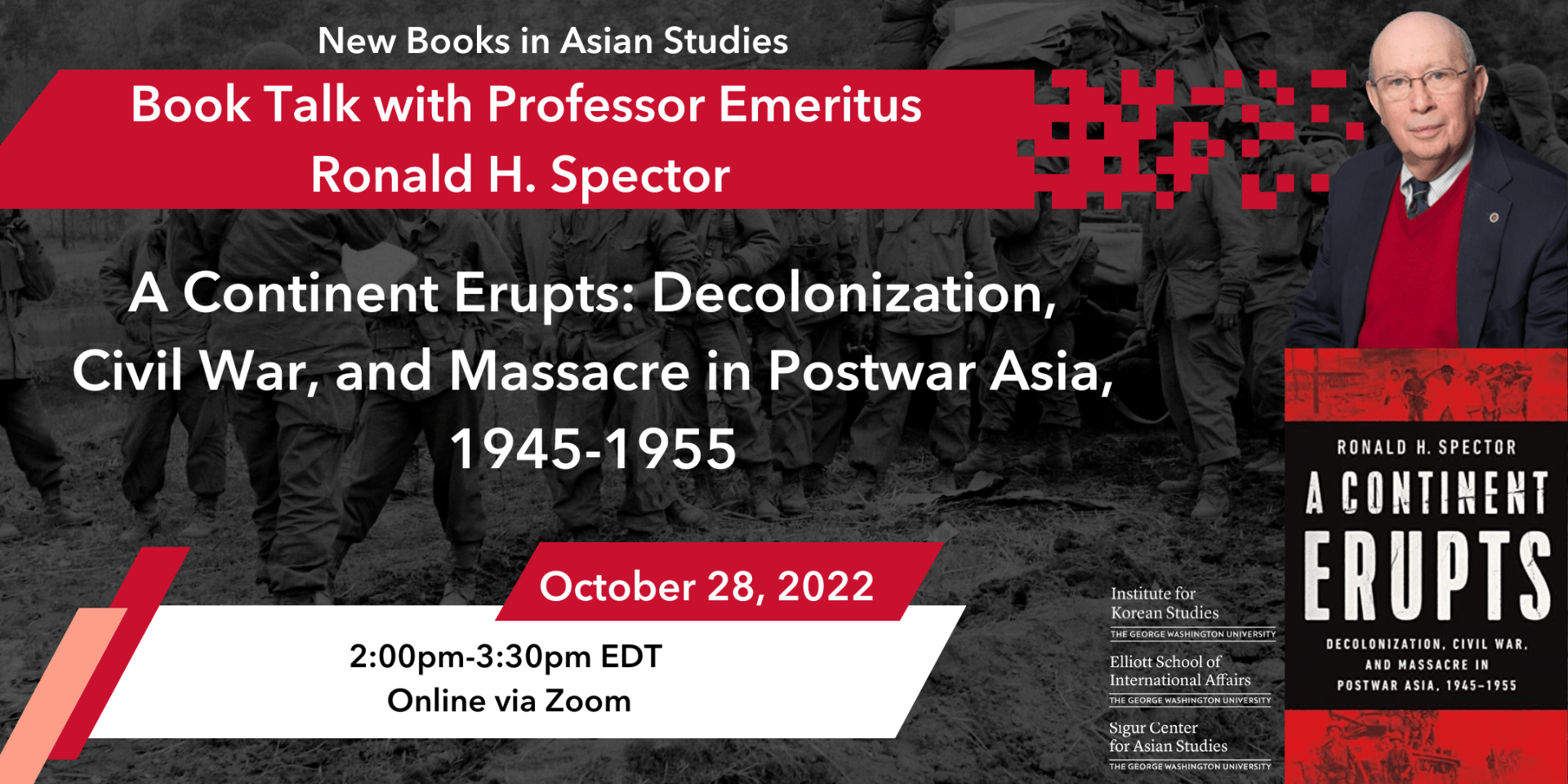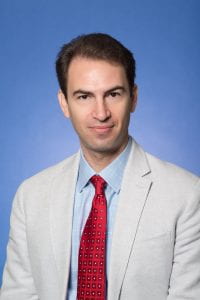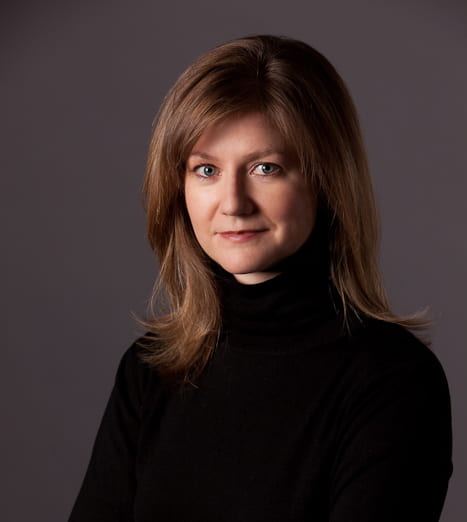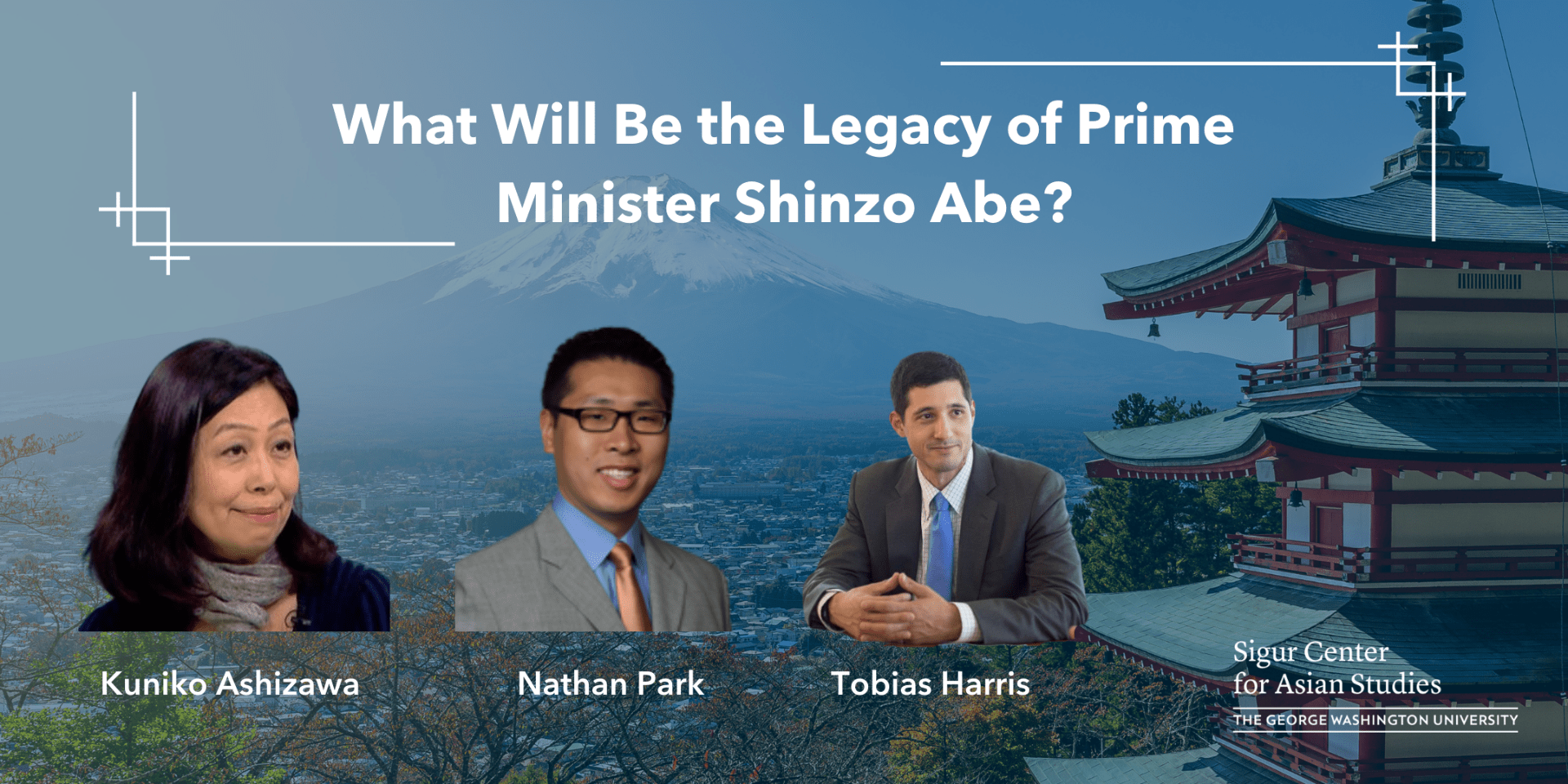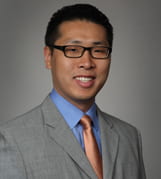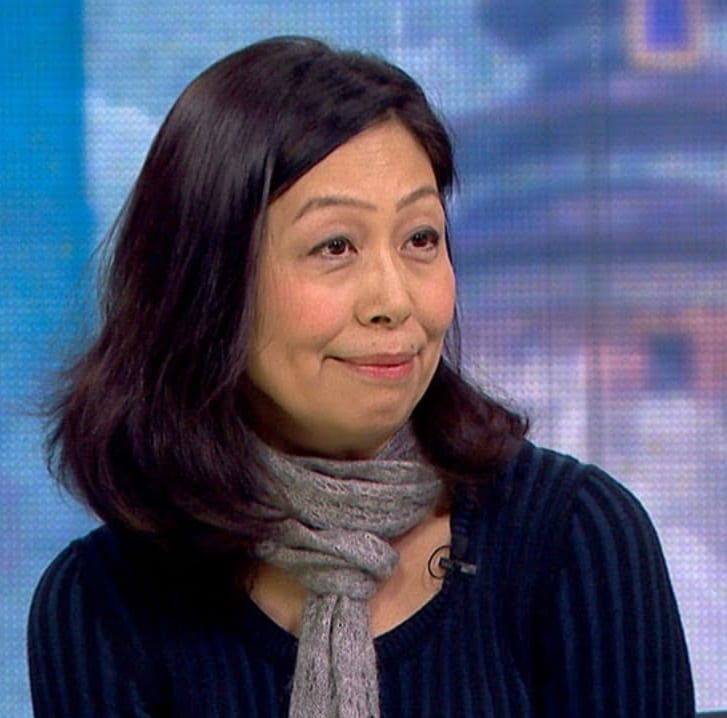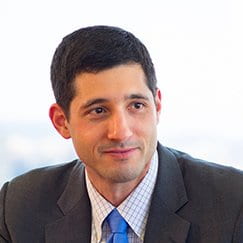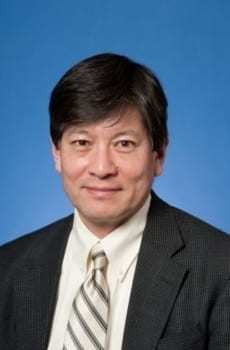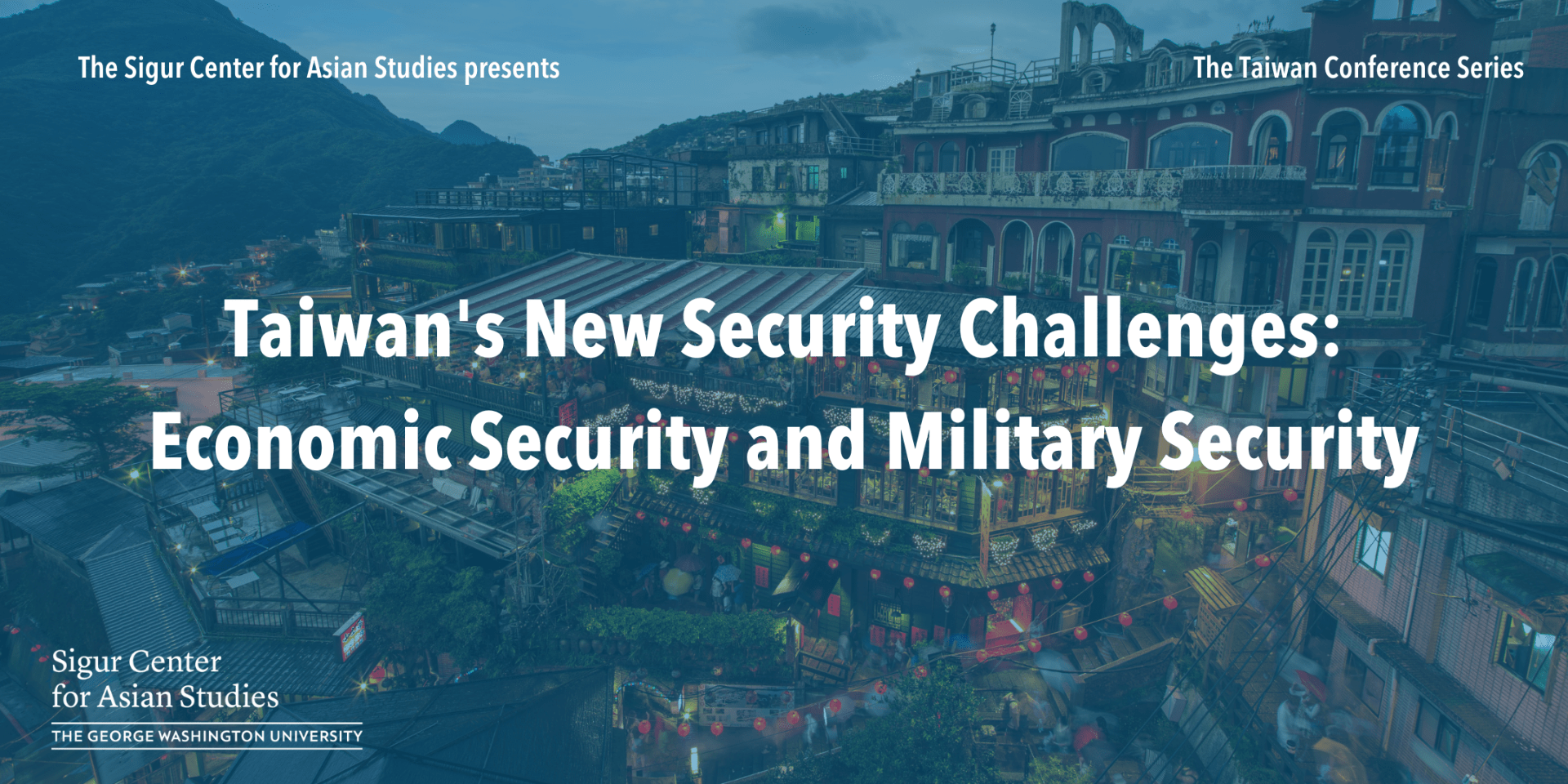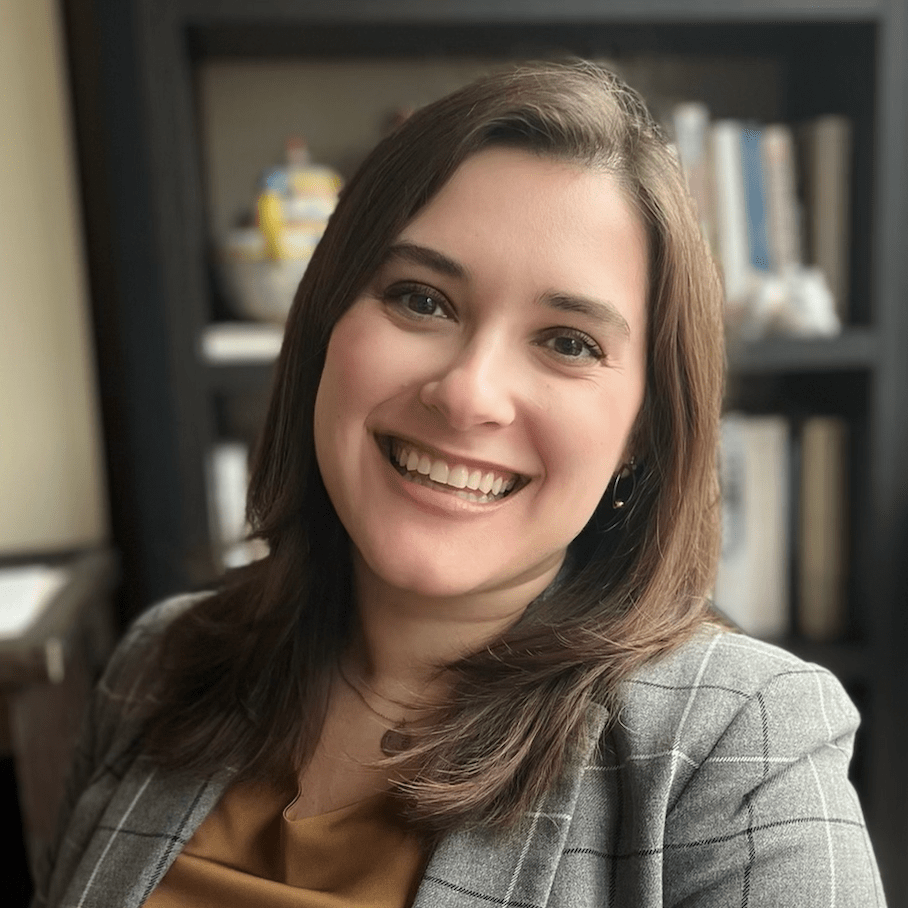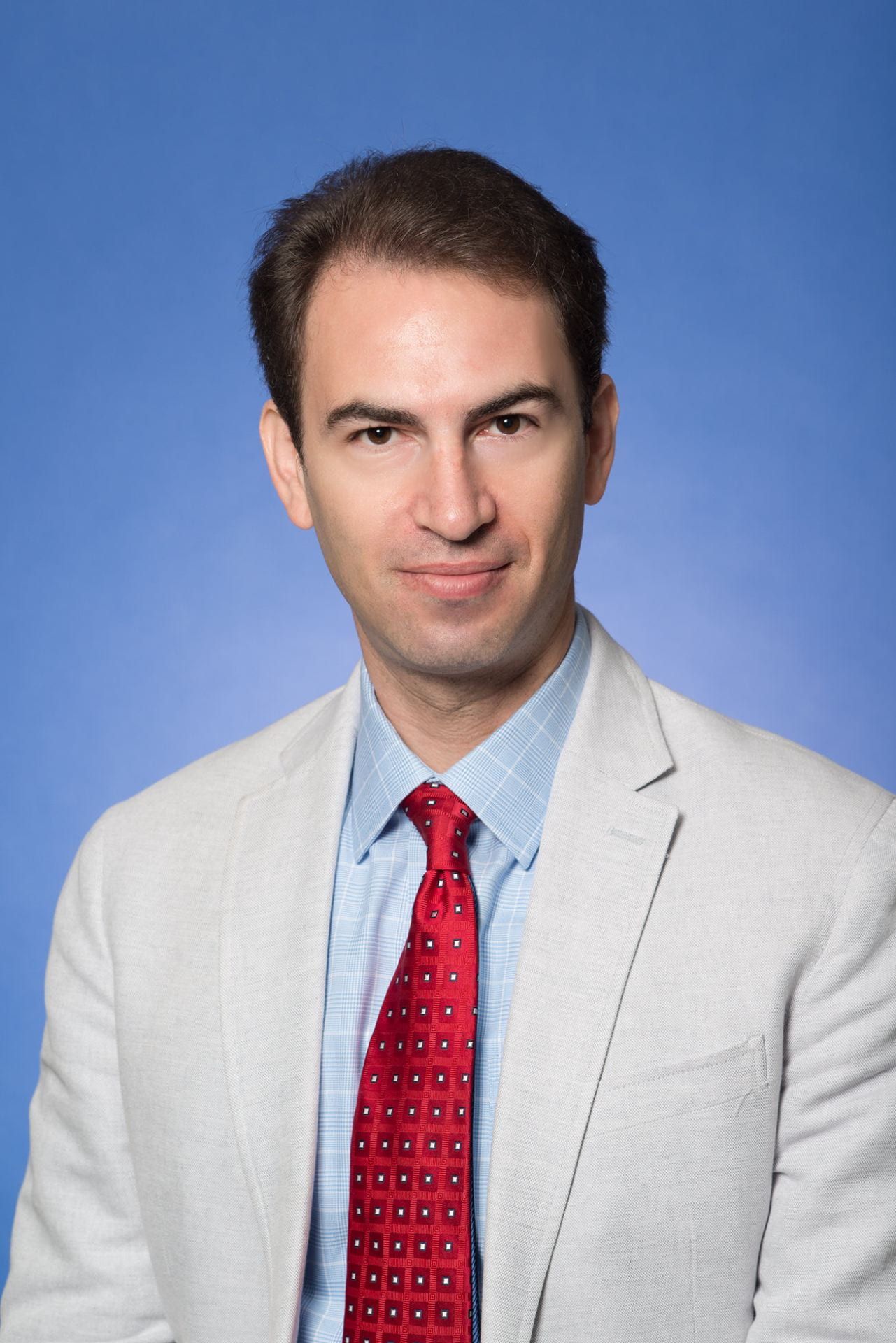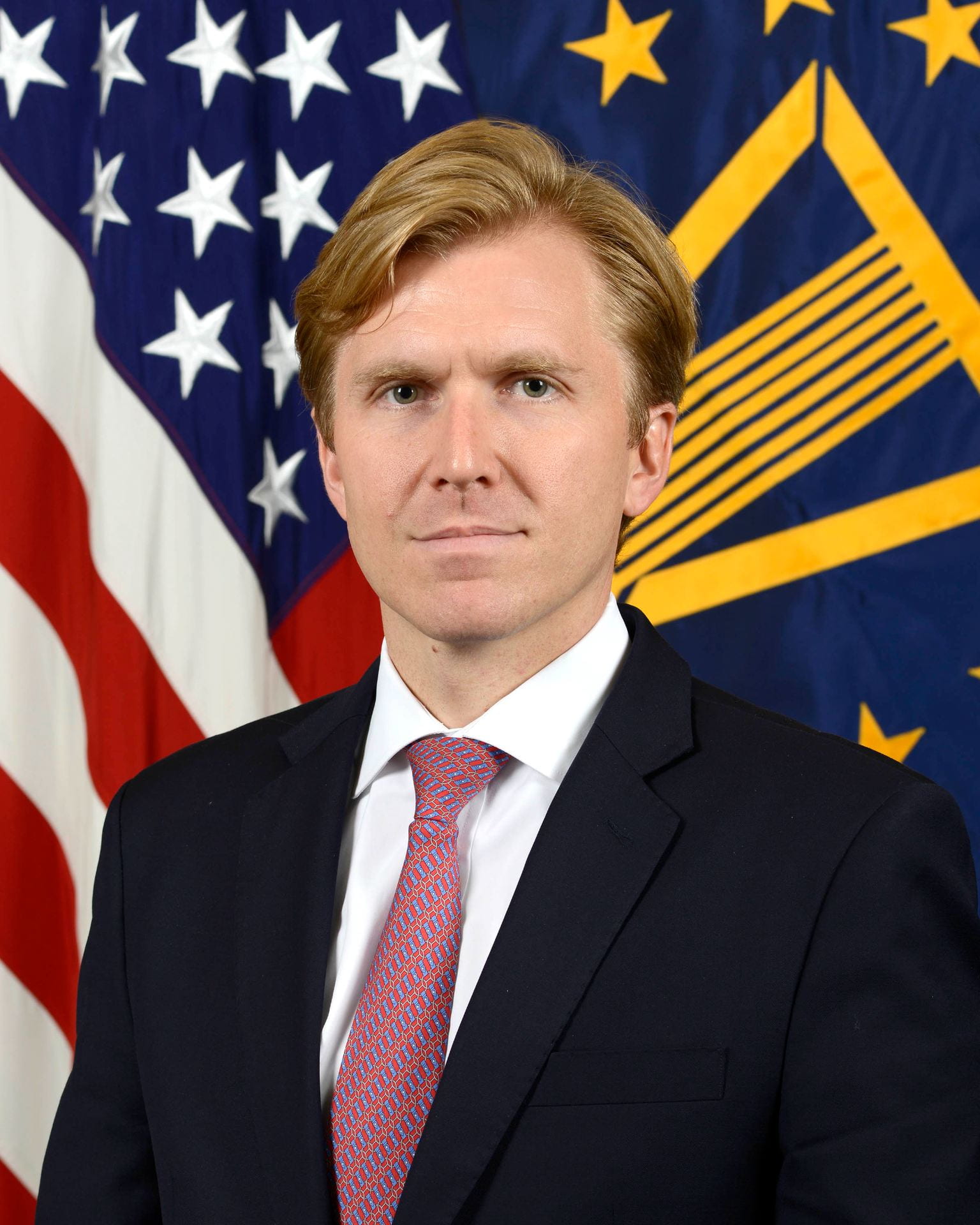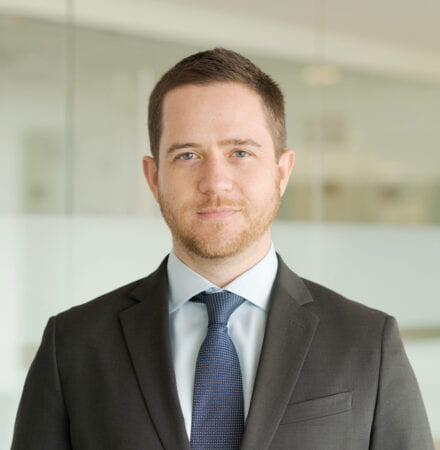Tuesday, March 21, 2023
1:00 PM – 2:00 PM ET
Lindner Family Commons
Elliott School of International Affairs
1957 E Street NW Washington, D.C. 20052
Speaker

Antoine Roth is an assistant professor at Tohoku University in Sendai, Japan. His research and teaching focuses on Chinese foreign policy and the international politics of East Asia. He writes a regular column on Sino-Japanese relations for the Tokyo Review. He holds a PhD in international politics from the University of Tokyo and a Master in Asian Studies from George Washington University.
Moderator
Robert Sutter is Professor of Practice of International Affairs at the Elliott School of George Washington University (2011-Present ). He also served as Director of the School’s main undergraduate program involving over 2,000 students from 2013-2019. His earlier full-time position was Visiting Professor of Asian Studies at Georgetown University (2001-2011).
A Ph.D. graduate in History and East Asian Languages from Harvard University, Sutter has published 22 books (four with multiple editions), over 300 articles and several hundred government reports dealing with contemporary East Asian and Pacific countries and their relations with the United States. His most recent book is Chinese Foreign Relations: Power and Policy of an Emerging Global Force, Fifth Edition (Rowman & Littlefield, 2021).
Sutter’s government career (1968-2001) saw service as senior specialist and director of the Foreign Affairs and National Defense Division of the Congressional Research Service, the National Intelligence Officer for East Asia and the Pacific at the US Government’s National Intelligence Council, the China division director at the Department of State’s Bureau of Intelligence and Research and professional staff member of the Senate Foreign Relations Committee

